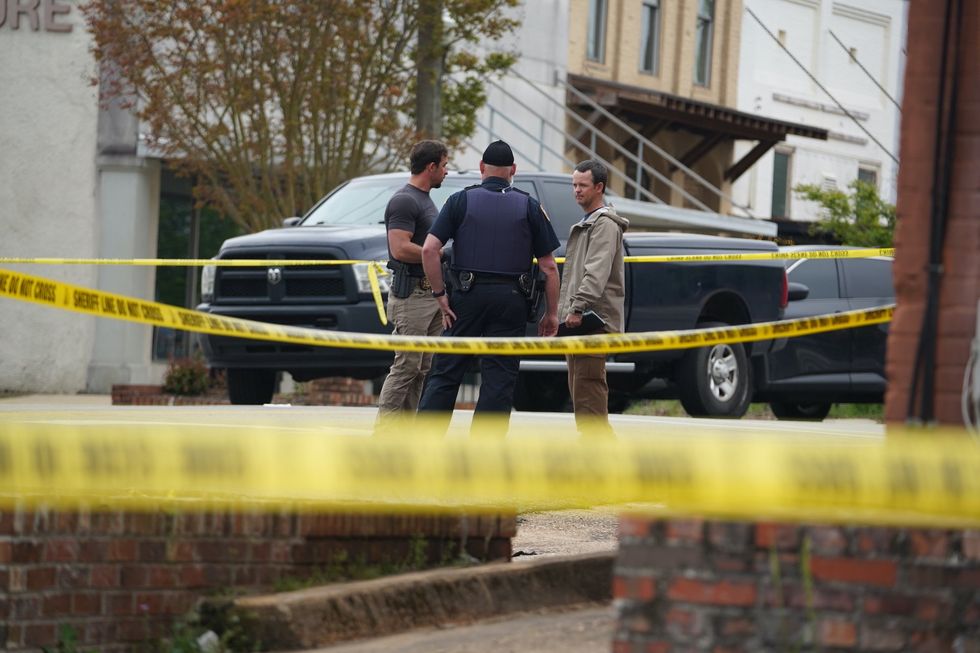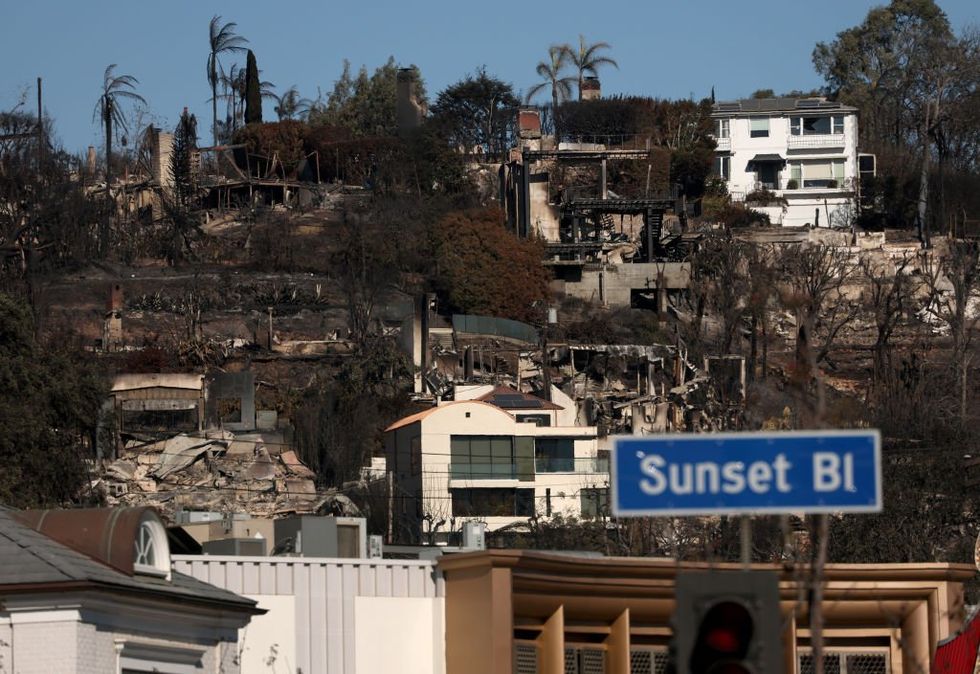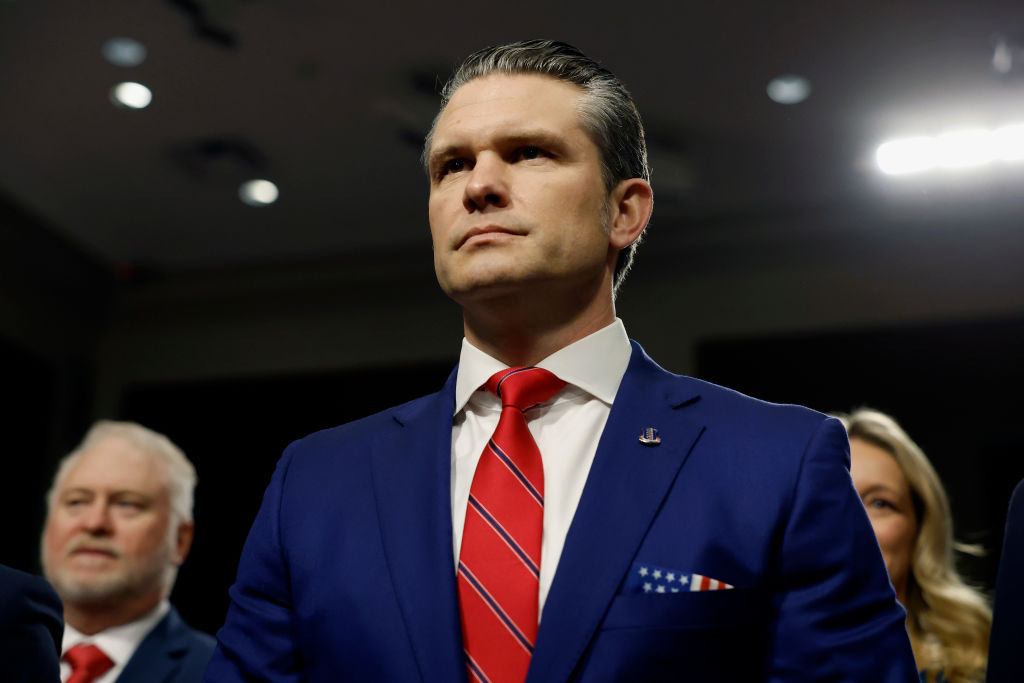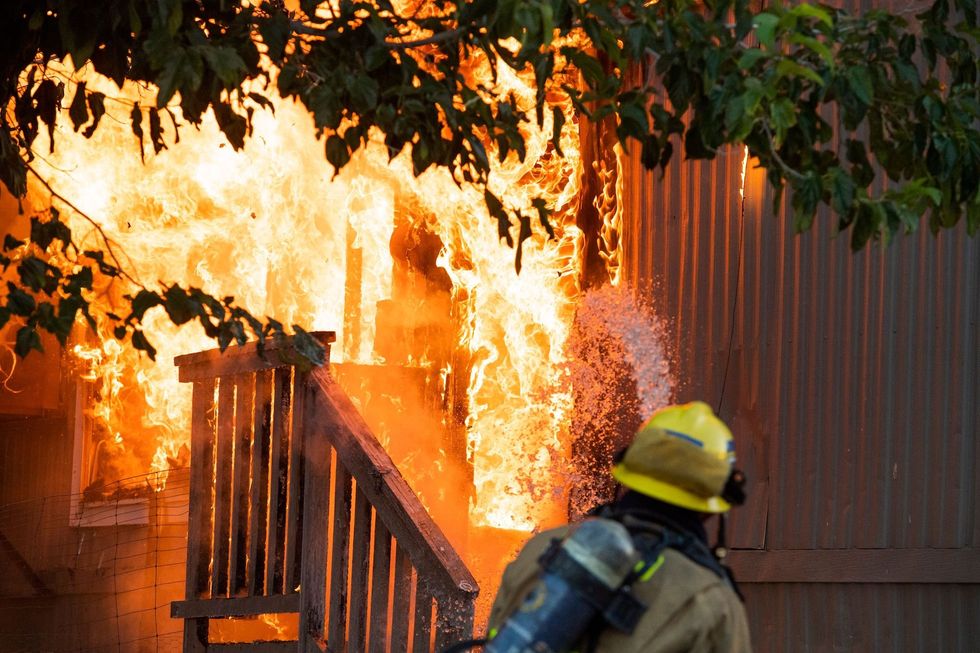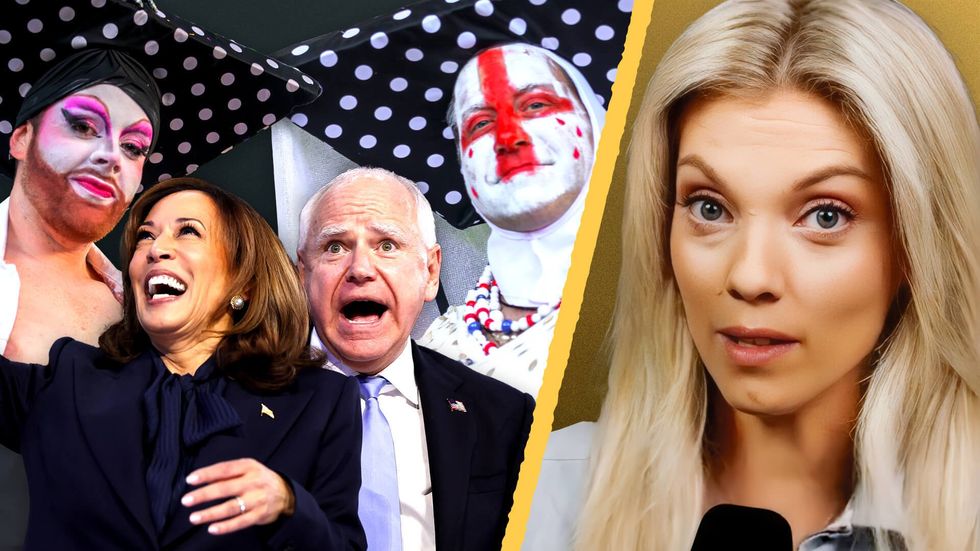‘A dire spiral’: Used EV prices are cratering amid sinking consumer demand
'Even after throwing money at EVs hand over fist, basically paying people tax dollars to drive these cars off the lots, you have (1) not enough demand to support the number of cars being produced, and (2) the people you paid to buy them now wanting to go back to what they had before'


![]()

Resale values for electric vehicles (EVs) have cratered as a slackening of consumer demand has weighed down prices.
Automakers have offered a flood of price cuts on new models in a bid to prop up sales amid lower-than-expected demand, according to The Wall Street Journal. The discounts have caused EV resale values to plummet, with the average selling price of a three-year-old EV falling to $28,400, a 25% decrease from the start of 2023 and a lower price than that of a internal combustion vehicle of the same age.
As a result, as of August EV owners owed roughly $10,000 more on their car loans than their vehicle was worth, up from $8,000 at the beginning of 2023, the WSJ reported.
“They kept reducing the price of the cars, which killed the used-EV market,” Christian Lange, a former 2018 Tesla Model 3 owner, told the WSJ. Lange saw his vehicle’s value decline by $10,000 relative to what he owed on his loan following the 2023 price cuts.
Buying business, causing massive depreciation, a race to the bottom, and ruining the motor trade as they do it!
But yeah, EV’s are selling just fine! and if you think that you are a fucking idiot
“Average discounts on EV’s are now almost double what they are on ICE vehicles”… pic.twitter.com/rLvax7d4WM
— Barrie Crampton (@BarrieCrampton) October 10, 2024
The price cuts followed lower-than-expected demand in 2023 and 2024, with EV sales growing 50% in the first half of 2023 and 31% in the first half of 2024, less than the 71% increase in the first half of 2022. Meanwhile, a June poll from The Associated Press-NORC Center for Public Affairs Research and the University of Chicago’s Energy Policy Institute found 46% of respondents were unlikely or very unlikely to purchase an EV, while just 21% were “very” or “extremely” likely to make the change.
The faltering demand comes despite billions in subsidies from the Biden-Harris administration, including a $7,500 federal tax credit for certain EVs to ease costs for buyers. Experts previously told the DCNF the faltering demand was due to consumer aversion to lower mileage ranges, a lack of charging infrastructure and higher vehicle prices.
“Even after throwing money at EVs hand over fist, basically paying people tax dollars to drive these cars off the lots, you have a dire spiral of (1) not enough demand to support the number of cars being produced, and (2) the people you paid to buy them now wanting to go back to what they had before,” O.H. Skinner, executive director of the Alliance for Consumers and the former solicitor general of Arizona, previously told the DCNF.
A $4,000 credit for used EVs under $25,000, implemented as part of President Joe Biden’s Inflation Reduction Act, has also contributed to the plummet in resale values by incentivizing dealers to lower prices below the $25,000 maximum, according to the WSJ.
Tesla did not immediately respond to a request for comment.
Content created by The Daily Caller News Foundation is available without charge to any eligible news publisher that can provide a large audience. For licensing opportunities of our original content, please contact [email protected].
SUPPORT TRUTHFUL JOURNALISM. MAKE A DONATION TO THE NONPROFIT WND NEWS CENTER. THANK YOU!
What's Your Reaction?















